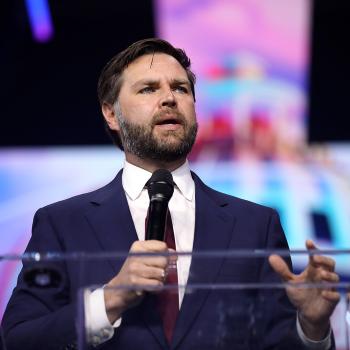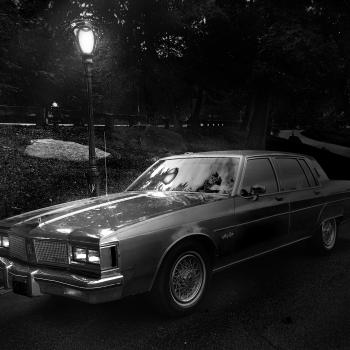In last week’s blog, we looked at man’s greatest psychological need—specifically, finding a life of significance. And I explained that significance is the belief that your life is making a lasting difference.
Tony Campolo tells of a study done a number of years ago by a group of sociologists. They interviewed a large number of people, and the only criteria to be chosen for the study was that you had to be at least ninety-five years old. They were asked this one question:
If you could live your life over again, what would you do differently?
Two of the top responses explain why men have a hard time finding a life of significance. The first answer of the group of elderly people was, “If I could go back and live my life over again, I would have taken more risks.”
What strikes me with this answer is that these people in their twilight years realized what a mistake it was to play it safe over the course of their lives because they were afraid to fail. If you think about it, most of the great accomplishments in life are the result of people willing to step out of their comfort zones into the unknown, knowing that failure is a possibility.
As men of honor and integrity, we should always be inspired and encouraged by these words of Theodore Roosevelt:
“It is not the critic who counts; not the man who points out how the strong man stumbles, or where the doers of deeds could have done them better. The credit belongs to the man who is actually in the arena, whose face is marred by dust and sweat and blood; who strives valiantly; who errs, and comes short again and again, because there is no effort without error and shortcoming; but who does actually strive to do the deeds; who knows the great enthusiasms, the great devotions; who spends himself in a worthy cause; who at the best knows in the end the triumph of high achievement, and who at the worst, if he fails, at least fails while daring greatly, so that his place shall never be with those cold and timid souls who know neither victory nor defeat.”
The second top answer of these elderly people over 95 years old was, “If I could go back and live my life over again, I would invest in more endeavors that would live on after I am gone.” In essence I would invest my life in endeavors that would impact people’s lives, and that impact would have a ripple effect that will continue to influence others even after my life comes to an end.
J.P. Moreland says that “we should see ourselves in light of a larger cause; the outworking of God’s plan in history. We should be preoccupied with finding our role in His cause and playing it well.” Moreland says, “We should seek to become the kind of people who can skillfully make those around us better at living their lives.”
So we should each ask ourselves, “What am I going to do with the rest of my life so that it will be significant?”
Richard E Simmons III is the founder and Executive Director of The Center for Executive Leadership and a best-selling author.

















